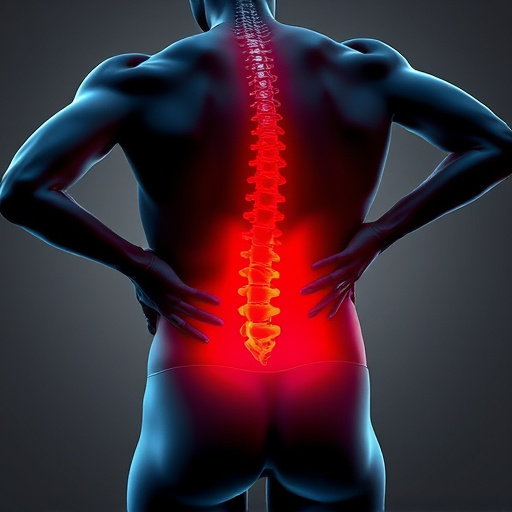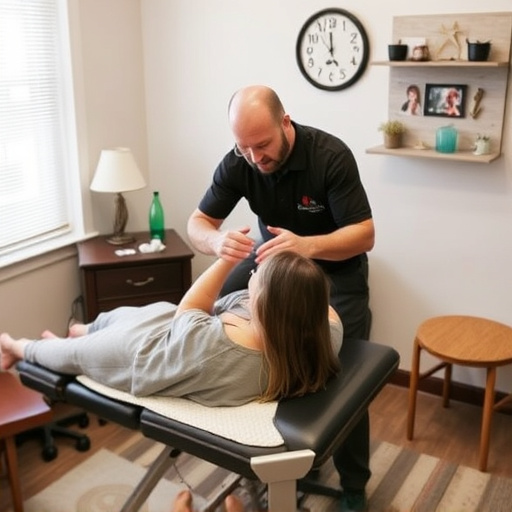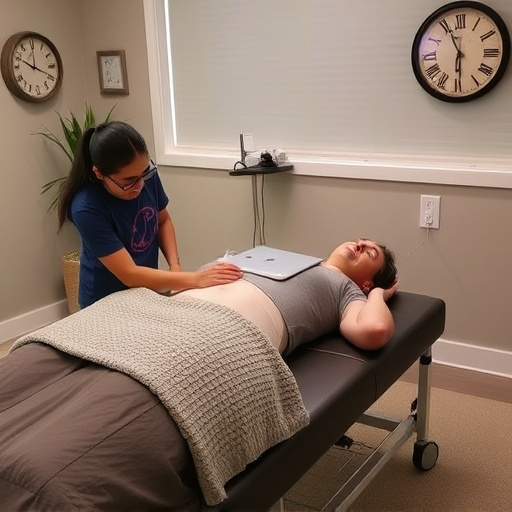Transitioning from military injury treatment to long-term care requires a holistic approach addressing physical rehab, psychological support, social reintegration, and daily living skills. Veterans often opt for residential care with specialized therapy programs and medical care tailored to service-related injuries, including innovative non-invasive treatments. Community-based support systems provide crucial resources for community reintegration, empowering veterans to maintain independence dignestly during long-term care.
Transitioning from active duty to civilian life after suffering a military injury can be challenging. This article explores essential long-term care options designed to support veterans in their post-treatment journey. We delve into understanding unique transition needs, assessing residential care alternatives like specialized facilities and community-based support systems. By examining these aspects, we aim to empower veterans and their families with knowledge, ensuring a smoother path toward recovery and reintegration into daily life following military injury treatment.
- Understanding Post-Injury Transition Needs
- Exploring Residential Care Options for Veterans
- Community-Based Support Systems and Services
Understanding Post-Injury Transition Needs
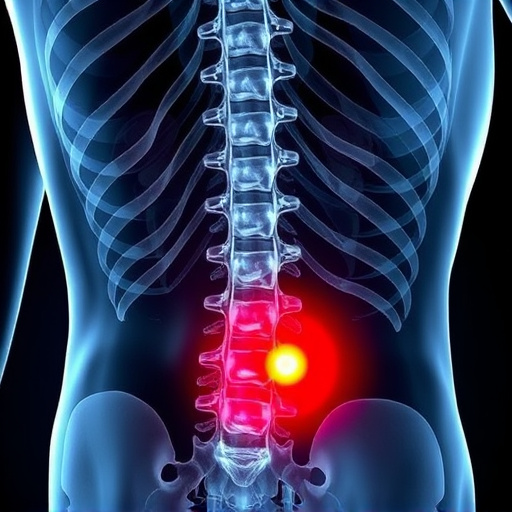
Transitioning from military injury treatment to long-term care requires a deep understanding of individual needs and challenges.
Many service members face unique obstacles as they adapt to life with a new physical condition, requiring more than just medical support. Effective post-injury care involves addressing not only mobility improvement through rehab services but also psychological adjustments, social reintegration, and acquiring practical skills for daily living. This holistic approach ensures a smoother transition and enhances the quality of life for those who have served.
Exploring Residential Care Options for Veterans

Many veterans, following their military injury treatment, consider residential care options to aid in their long-term recovery and rehabilitation. These facilities offer a supportive environment tailored to the unique needs of individuals with service-related injuries. From specialized therapy programs to comprehensive medical care, residential care centers ensure veterans receive holistic attention.
Among the various options, non-invasive treatments like shockwave therapy and personal injury chiropractic care have gained prominence. Shockwave therapy, for instance, provides an innovative approach to pain management and tissue regeneration without incisions or lengthy recovery periods. Similarly, chiropractic adjustments can help alleviate musculoskeletal issues common in veterans, offering a conservative and effective form of treatment. These advanced yet gentle therapies complement traditional military injury treatment plans, enabling veterans to regain mobility, reduce pain, and enhance their overall quality of life.
Community-Based Support Systems and Services
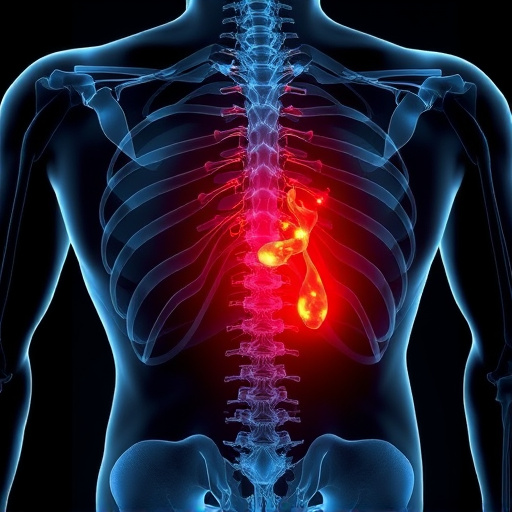
Following military injury treatment, individuals often require ongoing support to manage their conditions and maintain independence. Community-based support systems play a vital role in this transition phase, offering a network of resources tailored to specific needs. These services are designed to enhance post-injury care by providing assistance with daily activities, fostering social connections, and promoting community reintegration.
For veterans dealing with neck pain treatment or spinal adjustments as part of their military injury recovery, community support can be instrumental. Local organizations often provide home care services, transportation to medical appointments, and group therapy sessions, ensuring individuals receive comprehensive care while adapting to life after their military service. Such systems create a supportive environment, enabling veterans to navigate the challenges of long-term care with resilience and dignity.
After receiving military injury treatment, a smooth transition to long-term care options is vital. By understanding individual needs through post-injury assessments, exploring residential care tailored to veterans’ unique circumstances, and leveraging community support systems, we can ensure a comprehensive and empowering journey forward. These holistic approaches, centered around both care and community, are key to fostering independent recovery for those who have served our nation.











